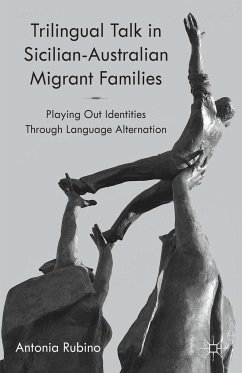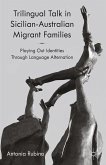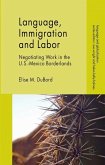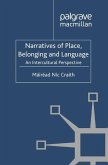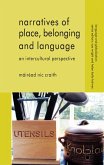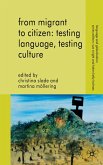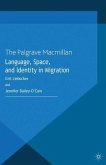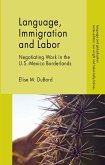This book explores the linguistic and cultural identities of Sicilians in Australia, through conversations gathered within the family, survey data and interviews. The study is placed in the context of the family migrant experience and the shifting attitudes towards immigrant languages in Australia.
"Nina Rubino's volume Trilingual Talk in Sicilian-Australian Migrant Families is thus a welcome addition detailing at an idiolect level the language practices that have accompanied such processes. ... the volume can be considered a valuable contribution to the study of patterns of language use among Sicilian Australians and does suggest themes for further investigation that could perhaps lead to a richer analysis of the topic." (Gaetano Rando, Italian American Review, Vol. 6 (1), Winter, 2016)
"This book is a welcome addition to the literature on Australia's multilingual communities ... . This book succeeds in bringing the two together in a satisfying and scholarly account that will find an important place in on the shelves of all those interested in the dynamics of language alternations ... and those who seek data on how family and friendship identities are played out in subtle and shifting deployment of the trilingual resources at their disposal." (Elizabeth Ellis, Australian Review of Applied Linguistics, Vol. 39 (3), 2016)
"This book is a welcome addition to the literature on Australia's multilingual communities ... . This book succeeds in bringing the two together in a satisfying and scholarly account that will find an important place in on the shelves of all those interested in the dynamics of language alternations ... and those who seek data on how family and friendship identities are played out in subtle and shifting deployment of the trilingual resources at their disposal." (Elizabeth Ellis, Australian Review of Applied Linguistics, Vol. 39 (3), 2016)

